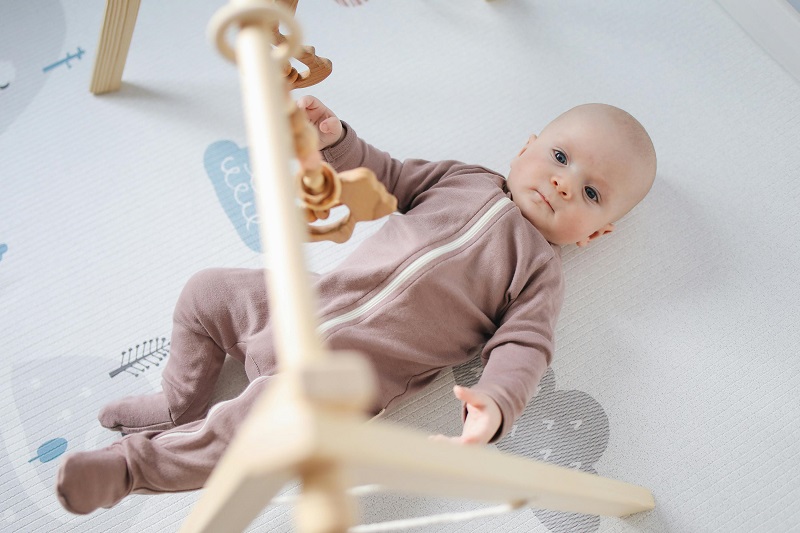
Early childhood education is a critical foundation for all children, but its significance is amplified for those with special needs. In this article, we delve into why providing quality education during these formative years is essential for the holistic development and future success of children facing unique challenges.
Before delving deeper, it’s crucial to understand what we mean by “special needs.” This umbrella term encompasses a broad range of conditions, including physical, cognitive, emotional, and behavioral challenges that may require additional support and accommodations to facilitate learning and development.
What is Early Childhood Education?
Early childhood education refers to the structured learning experiences designed for children from birth to around eight years old. It encompasses various settings, including preschools, daycares, and early intervention programs, aimed at fostering cognitive, social, emotional, and physical growth during the crucial early years of life.
Benefits of Early Childhood Education
Research consistently highlights the myriad benefits of early childhood education for all children, including improved academic performance, enhanced social skills, and increased readiness for future learning. For children with special needs, these benefits are even more pronounced, laying a strong foundation for overcoming challenges and achieving their full potential.
Individualized Education Plans (IEPs)
One of the cornerstones of early childhood education for children with special needs is the development of Individualized Education Plans (IEPs). These personalized plans outline specific goals, accommodations, and services tailored to meet each child’s unique needs, ensuring they receive the support necessary to thrive in educational settings.
Specialized Teaching Techniques
Effective early childhood education for children with special needs requires specialized teaching techniques that cater to diverse learning styles and abilities. Educators employ strategies such as multisensory instruction, visual aids, and assistive technologies to facilitate comprehension and engagement, fostering a positive learning experience for every child.
Importance of Social Interaction
Social interaction plays a pivotal role in early childhood development, fostering crucial skills such as communication, cooperation, and empathy. For children with special needs, structured social opportunities within educational settings provide invaluable practice in navigating social dynamics and building meaningful relationships with peers.
Emotional Regulation
Early childhood education also serves as a vital platform for developing emotional regulation skills, which are particularly significant for children with special needs who may experience heightened emotional sensitivity or difficulty managing their feelings. Through supportive environments and guidance from educators, children learn to recognize, express, and regulate their emotions effectively.
Building Confidence and Self-Esteem
One of the overarching goals of early childhood education for children with special needs is to nurture confidence and self-esteem. By experiencing success, receiving positive reinforcement, and gaining recognition for their unique strengths and abilities, children develop a sense of self-worth that empowers them to face challenges with resilience and determination.
Preparing for Lifelong Learning
Beyond the immediate benefits, early childhood education lays the groundwork for lifelong learning and continued growth. By instilling a love of learning, fostering critical thinking skills, and promoting a growth mindset, educators equip children with the tools and mindset necessary to navigate academic and personal challenges throughout their lives.
In conclusion, early childhood education plays a vital role in supporting the development and success of children with special needs. By providing tailored instruction, fostering social and emotional growth, and instilling a love of learning, educators empower these children to overcome obstacles, embrace their potential, and thrive in a diverse and inclusive society.
Curious about how young children grow and develop? Join Nurture Pods’ free online course! Here, we’ll explore children’s behaviors and growth, and how teachers can create enjoyable and beneficial learning experiences for them. We’ll also delve into how children learn language and reading skills.
Understanding the growth and learning of young children is crucial, especially in early education. Enrolling in Nurture Pods’ free online course can provide valuable insights into these areas. Learning about children’s behaviors and growth can help teachers establish nurturing classroom environments where children thrive.
Teachers play a vital role in supporting children’s growth and self-esteem. Through effective teaching methods and compassion, educators can foster positive relationships and emotional well-being among children.
Additionally, the course will examine the connection between cognitive development and language acquisition. With this knowledge, educators can assist children in developing strong communication skills and literacy abilities from an early age. Click here to join!
Written by: Alex Liau
Published on 30 September 2024





